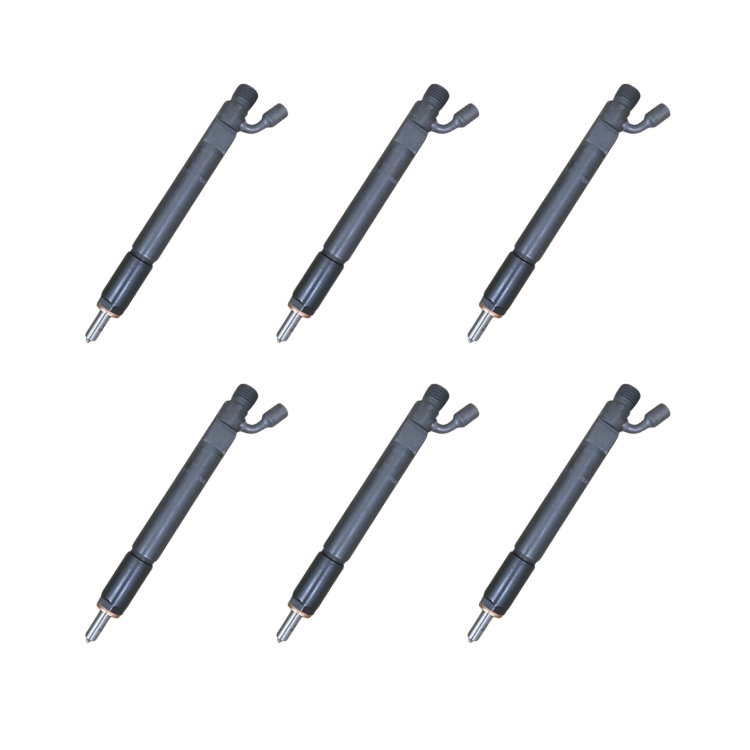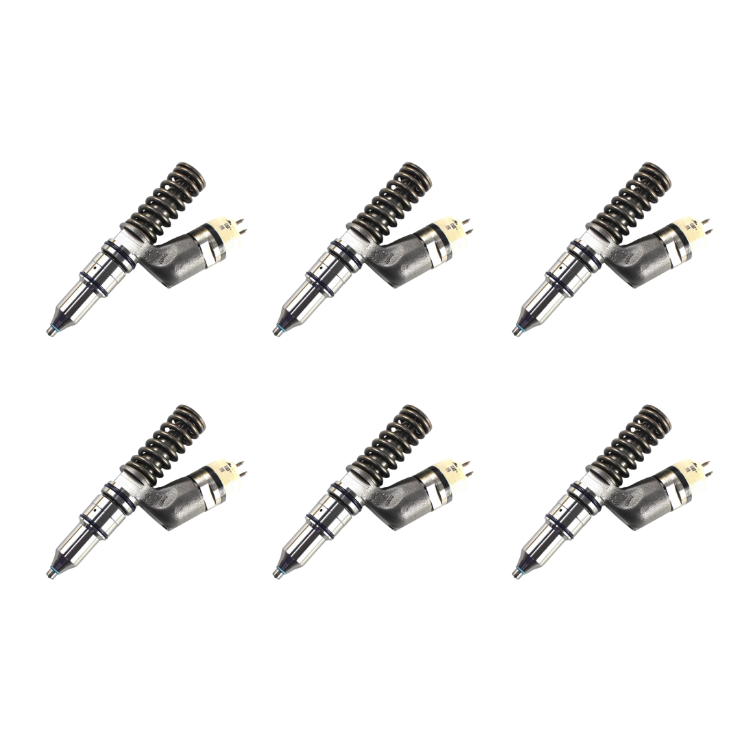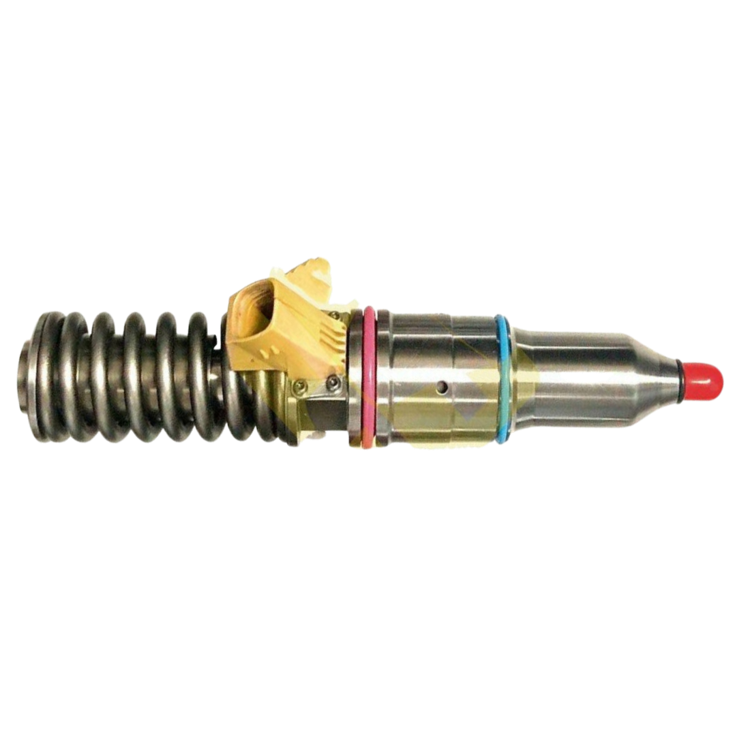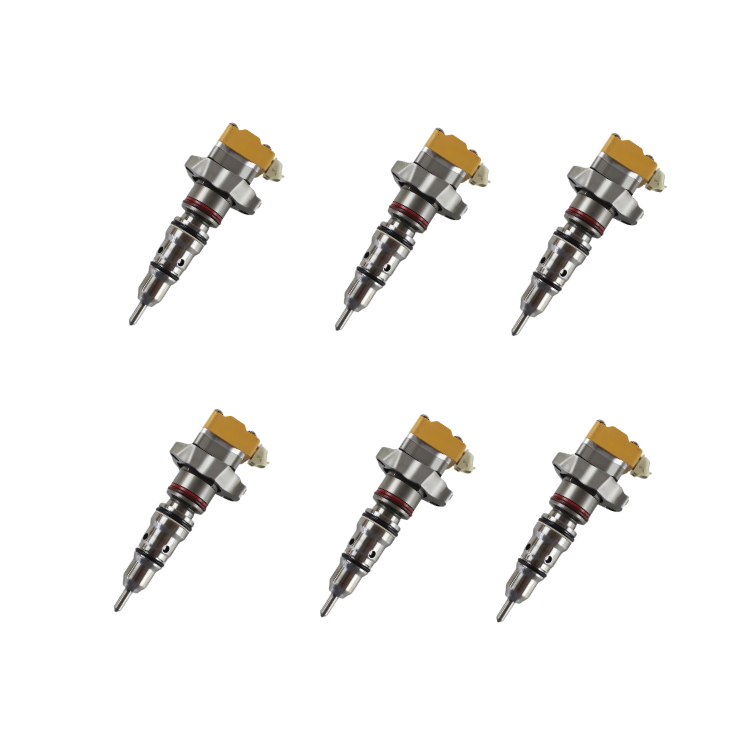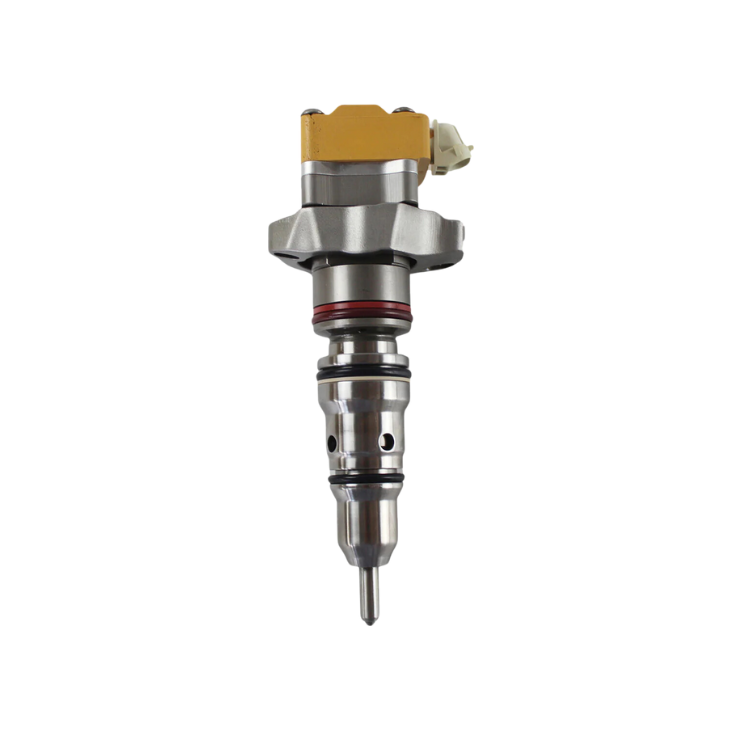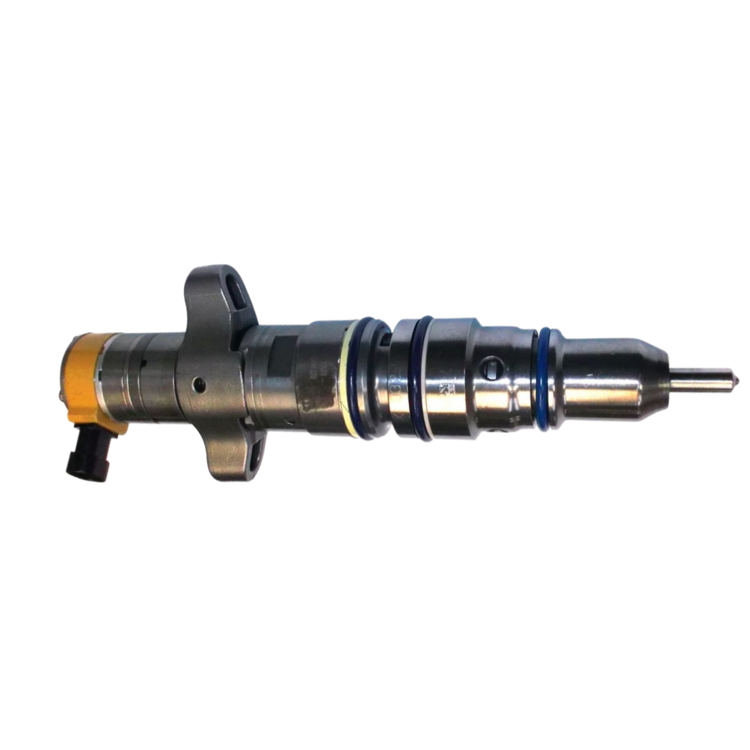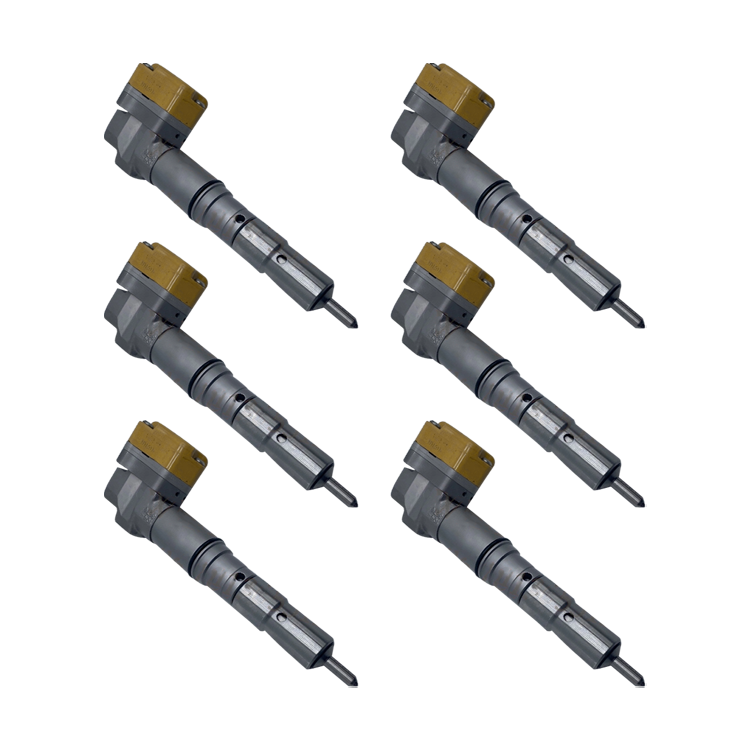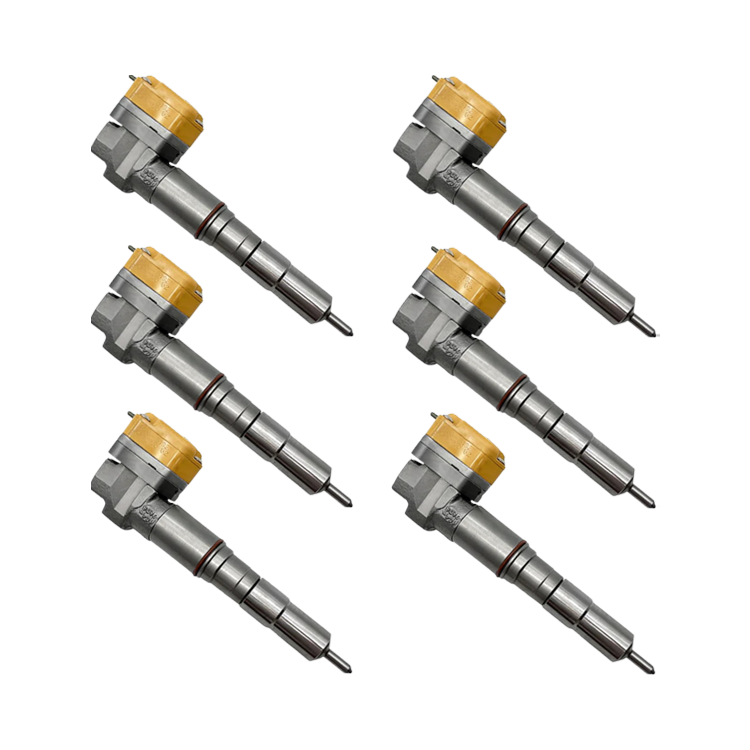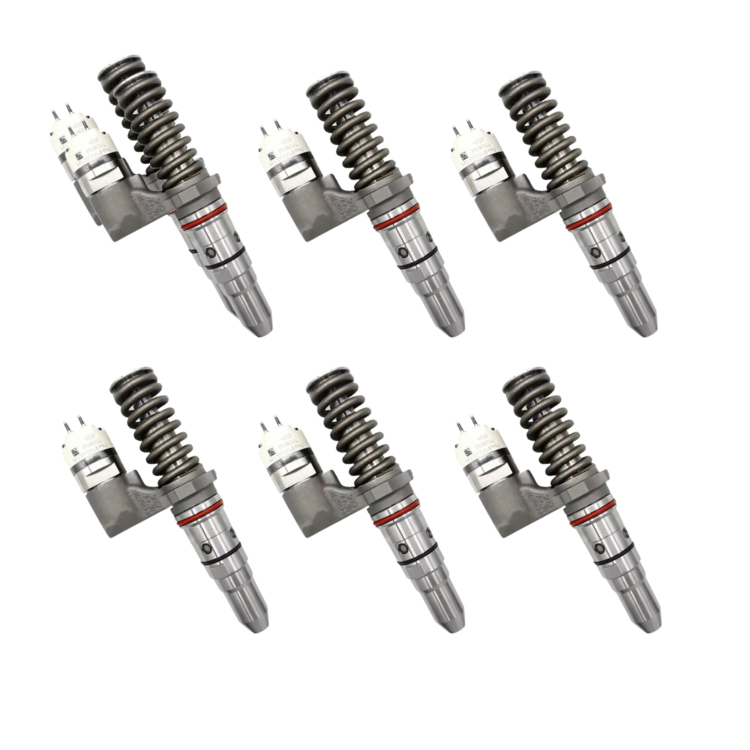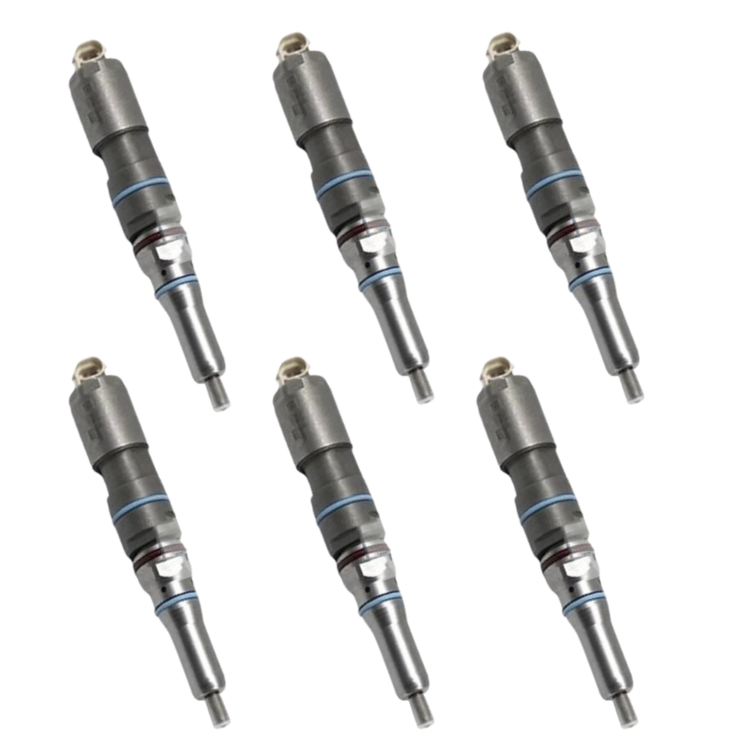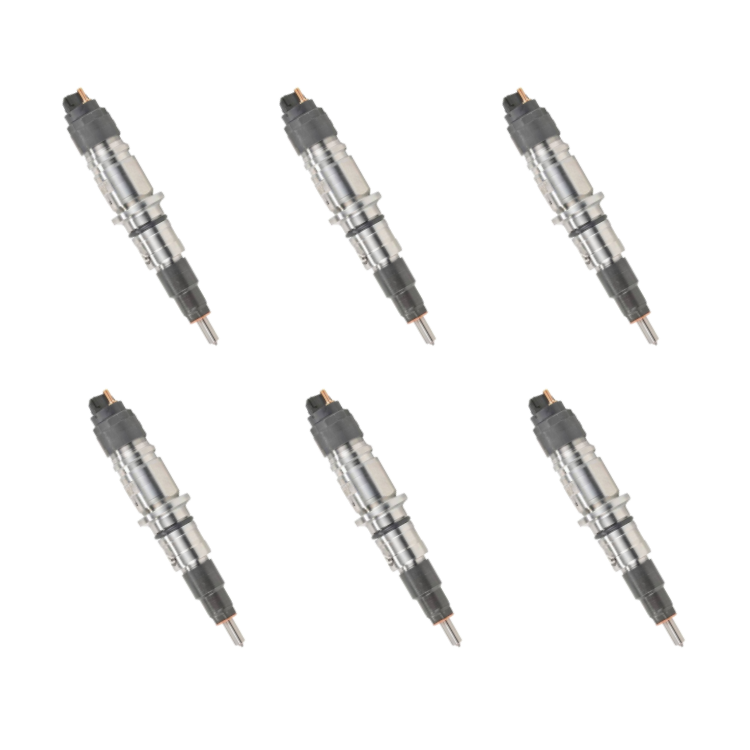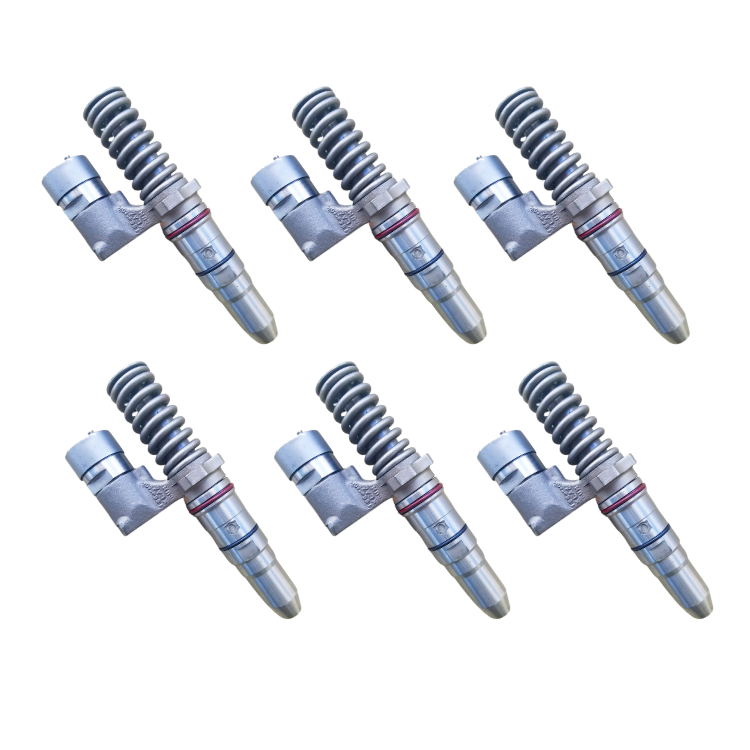Fuel injectors are essential for delivering the right amount of fuel into the combustion chamber for efficient engine performance. Over time, fuel injectors can become clogged with dirt, carbon deposits, or other debris, leading to poor engine performance and reduced fuel efficiency. Recognizing the signs of a clogged fuel injector can help you address the issue before it leads to more serious engine problems.
- Rough Idling
- A clogged fuel injector can disrupt the flow of fuel, causing the engine to idle roughly or vibrate when the vehicle is stationary.
- Poor Acceleration
- If the fuel injector is clogged, the engine may struggle to deliver enough fuel when accelerating, leading to sluggish performance or hesitation.
- Engine Misfires
- An uneven fuel supply caused by a clogged injector can result in engine misfires, which can cause jerky movements or stalling while driving.
- Decreased Fuel Efficiency
- A clogged fuel injector can cause the engine to work harder and burn more fuel, leading to a noticeable drop in fuel economy.
- Check Engine Light
- If the fuel injector isn’t operating correctly, it may trigger the check engine light as the engine control unit (ECU) detects irregular fuel delivery.
- Excessive Exhaust Smoke
- When a fuel injector is clogged, it can cause incomplete combustion, resulting in increased exhaust emissions, often accompanied by dark smoke.
- Hard Starting
- Clogged fuel injectors may make it difficult for the engine to start, or in severe cases, prevent it from starting altogether.
A clogged fuel injector can lead to various performance issues, from rough idling to poor fuel economy. If you notice any of these symptoms, it’s important to have your fuel injectors inspected and cleaned. Addressing clogged injectors early can prevent further engine problems and keep your vehicle running smoothly. Regular maintenance and fuel system cleaning can help ensure optimal fuel injector performance.




















































